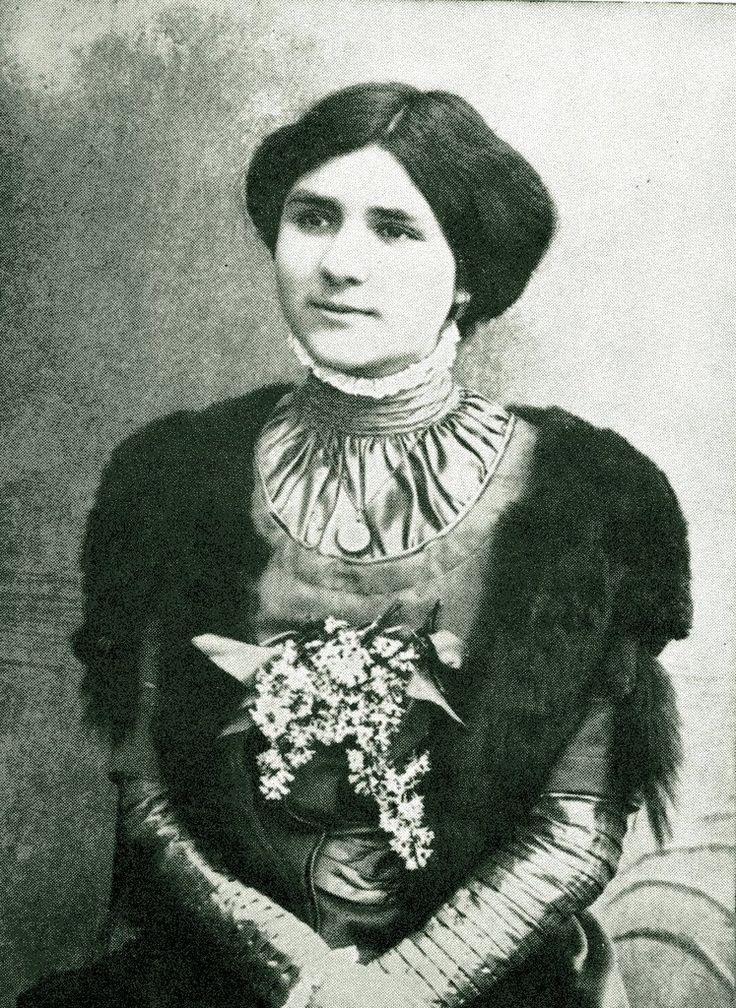
May 2018
—a movie about Florbela Espanca by Jonas Mekas, in his Internet diary.
Florbela Espanca
And if one day I must be dust, ashes, and nothing
let my night be a dawn,
let me know how to lose myself . . . to find myself . . .
Florbela: Her cry for love and freedom never to be silenced – Essay
By Billie Maciunas
Florbela Espanca (1894-1930) is one of Portugal’s most known and loved poets. I became interested in Florbela’s poetry after hearing her poem “Amar” sung by the Fado singer Cidália in Lisbon in 1979. I was captured by the ineffable quality of the poem and have been translating her poetry ever since. Florbela’s poetry speaks to me because of the absence and longing it expresses, along with her use of striking imagery from nature, religion, and Symbolism.
Her life was filled with torment caused by her gender, her deviation from provincial mores, and her lifelong sense of loss and abandonment. She was the illegitimate child of a housemaid and a nondescript father who didn’t acknowledge her until nearly twenty years after her death. In a Catholic country at the turn of the Twentieth century, she married three times and divorced twice.
She is reputed to have been in love with her only brother, also illegitimate, who killed himself by plunging into the Tagus River in a solo flight. On her 36th birthday, Florbela died, presumably of an illness, but leaving in question the real cause, since she had attempted suicide twice in the immediate months before her death.
She was little understood by contemporary critics, who characterized her style as “feminine” and “narcissistic,” usually conflating the two terms. However, she was well ahead of her time as a voice calling for freedom of gender and mind. She uses liturgical imagery, was influenced by French Symbolism, and frequently describes her beloved Alentejo.
Jonas Mekas
Jonas Mekas was born in 1922 in the farming village of Semeniškiai, Lithuania. He currently lives and works in New York City. In 1944, he and his brother Adolfas were taken by the Nazis to a forced labor camp in Elmshorn, Germany. After the War, he studied philosophy at the University of Mainz. At the end of 1949, the UN Refugee Organization brought both brothers to New York City, where they settled down in Williamsburg, Brooklyn.
Two months after his arrival in New York he borrowed money to buy his first Bolex camera and began to record brief moments of his life. He soon got deeply involved in the American Avant-Garde film movement. In 1954, together with his brother, he started Film Culture magazine, which soon became the most important film publication in the US. In 1958 he began his legendary Movie Journal column in the Village Voice. In 1962 he founded the Film-Makers’ Cooperative and in 1964 the Film-Makers’ Cinematheque, which eventually grew into Anthology Film Archives, one of the world’s largest and most important repositories of avant-garde cinema, and a screening venue.
During all this time he continued writing poetry and making films. To this date, he has published more than 20 books of prose and poetry, which have been translated into over a dozen languages. His Lithuanian poetry is now part of Lithuanian classic literature and his films can be found in leading museums around the world. He is largely credited for developing the diaristic forms of cinema. Mekas has also been active as an academic, teaching at the New School for Social Research, the International Center for Photography, Cooper Union, New York University, and MIT.
Mekas’ film The Brig was awarded the Grand Prize at the Venice Film Festival in 1963. Other films include Walden (1969), Reminiscences of a Journey to Lithuania (1972), Lost Lost Lost (1975), Scenes from the Life of Andy Warhol (1990), Scenes from the Life of George Maciunas (1992), As I was Moving Ahead I saw Brief Glimpses of Beauty (2000), Letter from Greenpoint (2005), Sleepless Nights Stories (2011) and Out-takes from the Life of a Happy Man. In 2007, he completed a series of 365 short films released on the internet — one film every day — and since then has continued to share new work on his website.
Since 2000, Mekas has expanded his work into the area of film installations, exhibiting at the Serpentine Gallery, the Centre Pompidou, Musée d’Art Moderne de la Ville de Paris, the Moderna Museet (Stockholm), PS1 Contemporary Art Center MoMA, Documenta of Kassel, the Museum Ludwig in Cologne, the State Hermitage Museum in St. Petersburg, and the Venice Biennale.
É verdade — existem perto de nenhumas traduções da poesia de Florbela para outras línguas. Um tanto pelo seu carácter muito romântico, uma das distinções da língua portuguesa que muitas outras não partilham. Eu traduzi e publiquei o Vaidade da Florbela já há algum tempo, mas não consegui ir muito mais além. Dá uma enorme dor de cabeça tradutiva. Fico muito contente por ter encontrado este artigo.
LikeLike